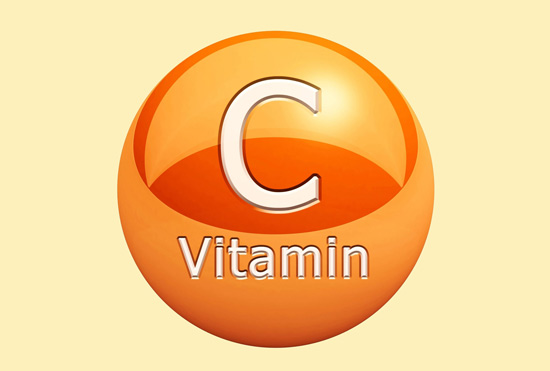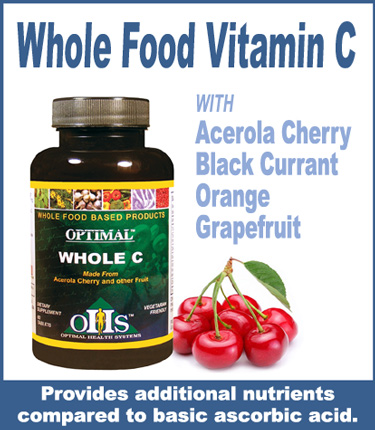For decades Vitamin C has been lauded as the go-to nutrient to ward off the seasonal cold and flu threat.
Well, move over cough protection… a new study from New Zealand has demonstrated that Vitamin C also provides brain protection and weight loss support.
In the study, published in Nutrients, more than 400 participants in Canterbury, New Zealand were assessed for their Vitamin C levels and dietary intake.
After participants completed a food diary for four days, researchers assessed their general well-being.
The assessment included a battery of tests that measured attention and concentration, executive functions, memory, language and conceptual thinking.
When the researchers compared the participants’ Vitamin C status with measures of health and well-being, an interesting pattern emerged: Lower levels of mild cognitive impairment were observed in those with the highest plasma Vitamin C concentrations.
Consistent results from diverse research worldwide
Additional studies support Vitamin C’s ability to help prevent neurodegenerative disorders, and the problems that can accompany deficiencies.
For example, recent Chinese research showed that Vitamin C has a significant neuroprotective effect, while another 2015 study suggested that consuming Vitamin C-rich orange juice could reduce rates of cognitive decline.
With regards to weight management benefits, the researchers determined that “adults with higher Vitamin C levels had lower body weight, smaller waist circumference and healthier blood levels of insulin and triglycerides.” These are all factors that reduce the risk of developing diabetes.
The weight loss and diabetes-prevention characteristics of vitamin C are also backed by earlier studies on Vitamin C’s weight-loss benefits.
In one such study, published in Journal of Nutrition, researchers reported that sedentary and obese adults who took a daily 500-mg Vitamin C supplement lost an average of 13 pounds.
Our processed food-obsessed society does not consume enough Vitamin C
Perhaps more important than demonstrating the new benefits of Vitamin C, the study also exposed the fact that most people still do not receive enough Vitamin C—either through diet or supplementing.
Researchers reported that the participants’ average fasting Vitamin C concentration was 44.2 micromoles per liter.
This is well below the 50 micromoles considered appropriate for optimal health. In fact, 63 percent of the participants were classified as having inadequate levels of Vitamin C.
Even more shocking: 13 percent of the participants had hypovitaminois, which means less than 23 micromoles of Vitamin C per liter. At this level a patient will experience slow wound healing, excessive bruising and fatigue.
Incredibly, 2.4 percent of the participants measured levels under 11 micromoles. These means they were “clinically deficient” and at risk for scurvy!
The next time someone tells you they don’t need to take nutritional supplements, you can point out to them the final finding in the study: Only 7 percent of the participants had the optimum Vitamin C level of 70 micromoles and higher.
Supplementing is critical
Unlike other animals, humans can’t manufacture Vitamin C in the liver. This indispensable nutrient must be obtained through diet.
Unfortunately, most people do not consume a diet high in Vitamin C foods.
Moreover, the foods that are high in Vitamin C—fruits and vegetables—do not contain the same amounts of Vitamin C as they did years ago. This is attributed to widespread nutrient depletion of most of the world’s soil.
This is why supplementing Vitamin C provides such a substantial benefit to most people.
Currently, the government’s recommended daily intake of Vitamin C is 60 mg. Since 63 percent of the population tests low, this recommendation is clearly not enough.
But it’s a good “minimum” to shoot for.
When choosing a Vitamin C supplement, remember “ascorbic acid” products do not include all the constituents present in a food-based Vitamin C product. Ascorbic acid is just one isolated part of Vitamin C.
Products such as Optimal Whole C from Optimal Health Systems are made entirely from “whole foods.” This means the other nutrients—such as Bioflavonoids, Rutin and Tyrosinase—are also present.
– – –
Sources: MDPI.com, NaturalHealth365.com.


